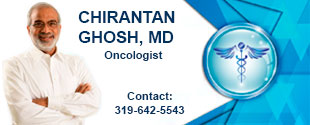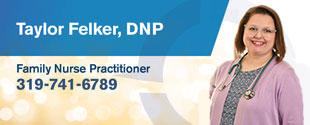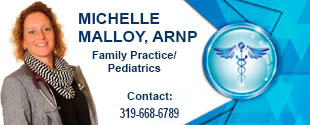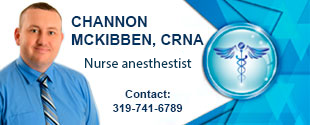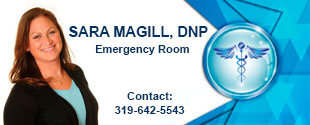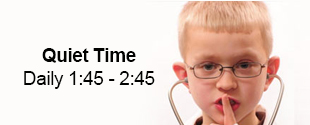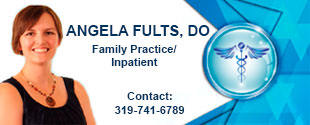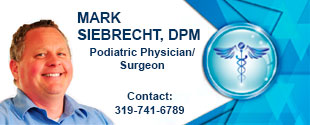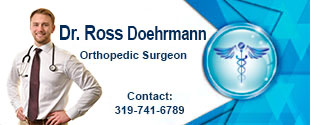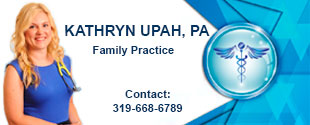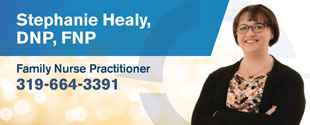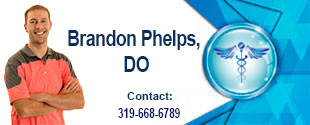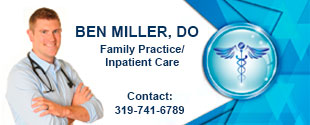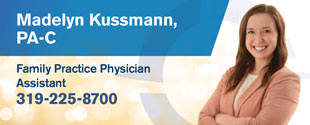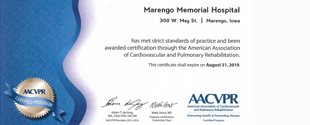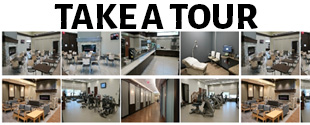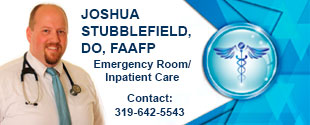Our Services
- List of All Services
- Anticoagulation Services
- Cardiac Rehab
- Pharmacy
- Dialysis
- Dietary Services
- ED/Trauma Department
- Hospice Care
- Imaging Services
- In-Patient Services
- Laboratory Services
- Occupational Therapy
- Oncology/Hematology
- Orthopedic
- Pain Management Solutions
- Physical Therapy
- Respiratory Therapy
- Senior Life Solutions
- Sleep Studies
- Social Services
- Specialty Clinics
- Speech Therapy
- Surgery
- Urology Services
- Wound Care Services
PEDIATRIC SPEECH THERAPY SERVICES
Speech Therapy works with children from birth to teens, including those with Autism, developmental speech sound and language disorders, voice, stuttering, feeding, swallowing and oral motor disorders.
If your child exhibits any of the following or you're concerned about their communication, feeding or swallowing skills, speech-language therapy may be able to help.
Meet Our Speech Therapy Staff:
FEEDING/ SWALLOWING/ ORAL MOTOR
SPEECH-LANGUAGE
ADULT SPEECH THERAPY SERVICES
Our speech therapist sees adult patients with speech, language, voice, swallowing and cognitive disorders.If you or your loved one exhibits any of the following or you're concerned about communication or swallowing skills, speech-language therapy may be able to help.
Swallowing problems (dysphagia) may include:







